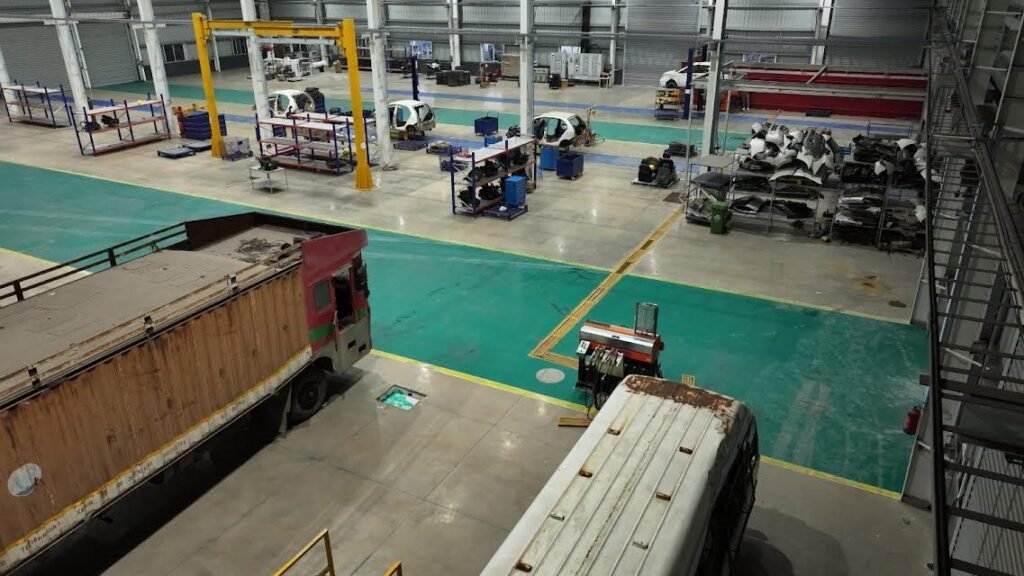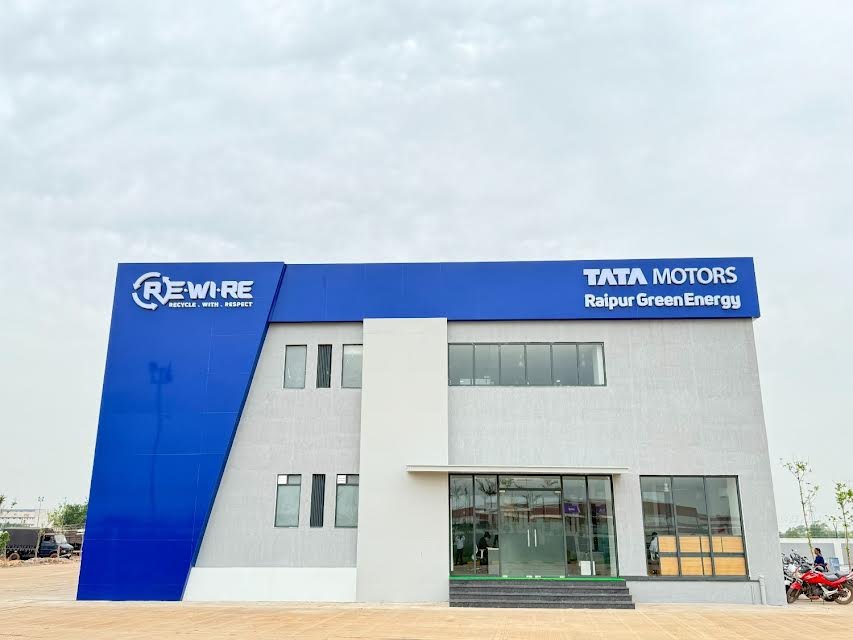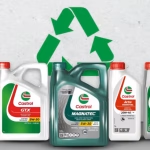Staff Writer
Mumbai: Tata Motors, India’s leading automobile manufacturer, has taken a significant step toward reinforcing its commitment to sustainable mobility and a circular economy with the inauguration of two new state-of-the-art Re.Wi.Re – Recycle with Respect – Registered Vehicle Scrapping Facilities (RVSFs) in Lucknow, Uttar Pradesh, and Raipur, Chhattisgarh.
These modern scrapping units were inaugurated virtually by the Union Minister of Road Transport and Highways, Nitin Gadkari. The launch marks another milestone in the implementation of the National Vehicle Scrappage Policy, a government initiative aimed at phasing out unfit and polluting vehicles while promoting scientific recycling and sustainable practices in the automotive sector.
Speaking at the virtual launch event, Gadkari expressed his satisfaction with the progressive move by Tata Motors. “I am pleased to launch two Registered Vehicle Scrapping Facilities in Lucknow and Raipur. These modern centres mark a progressive step under the National Vehicle Scrappage Policy, which empowers citizens to transition to cleaner, more fuel-efficient vehicles through structured incentives,” said the minister. He emphasized that these facilities would play a critical role in ensuring the safe dismantling of end-of-life vehicles and enable the recovery of valuable materials through eco-friendly and scientific methods. “I commend Tata Motors for their steadfast commitment to sustainability and for establishing a nationwide RVSF infrastructure that aligns with global standards,” he added.

The Raipur facility will be operated by Raipur Green Energy Pvt. Ltd. and is capable of dismantling up to 25,000 vehicles annually. The Lucknow RVSF, managed by Moto Scrapland Pvt. Ltd., has an annual capacity of 15,000 vehicles. Both centres are designed to handle all types of vehicles—including passenger and commercial models from various manufacturers—as well as two- and three-wheelers.
Mr. Girish Wagh, Executive Director of Tata Motors, reiterated the company’s sustainability vision while commenting on the launch. “Sustainability is not merely a commitment at Tata Motors—it is a foundational pillar shaping the future of mobility. Guided by the principles of a circular economy, we are steadfast in our pursuit of responsible and eco-friendly practices,” said Wagh. He noted that with the current expansion, Tata Motors now operates a total of 10 Re.Wi.Re. facilities across India, with a combined capacity to dismantle over 1.75 lakh end-of-life vehicles annually.
Highlighting the scale and efficiency of the company’s scrapping infrastructure, Wagh acknowledged the crucial role played by collaborative partnerships. “We deeply value the unwavering support and collaboration of our partners, state governments, and local authorities in turning this vision into reality. I would especially like to thank Union Minister Nitin Gadkari for his continued leadership and encouragement in advancing sustainable mobility and vehicle recycling in India,” he added.
The Re.Wi.Re. facilities have been developed with cutting-edge technology and sustainability at their core. Each centre is fully digitalised, offering seamless and paperless operations. The facilities use cell-type dismantling systems for commercial vehicles, two-wheelers, and three-wheelers, while line-type dismantling is deployed for passenger vehicles. Dedicated stations ensure the safe dismantling of various components, including tyres, batteries, fuel, oils, liquids, and gases.
Every vehicle that enters a Re.Wi.Re. centre undergoes a meticulous documentation and dismantling process in compliance with India’s vehicle scrappage policy. This ensures that all parts are handled, recycled, or disposed of responsibly, contributing to the reduction of environmental impact and promotion of material reuse.
With operational centres now in Jaipur, Bhubaneswar, Surat, Chandigarh, Delhi NCR, Pune, Guwahati, Raipur, Lucknow, and Kolkata, Tata Motors is steadily building India’s largest network of advanced scrapping facilities. These facilities are not only addressing the need for scientific vehicle recycling but are also setting a new benchmark for responsible end-of-life vehicle management in India’s automotive industry.








